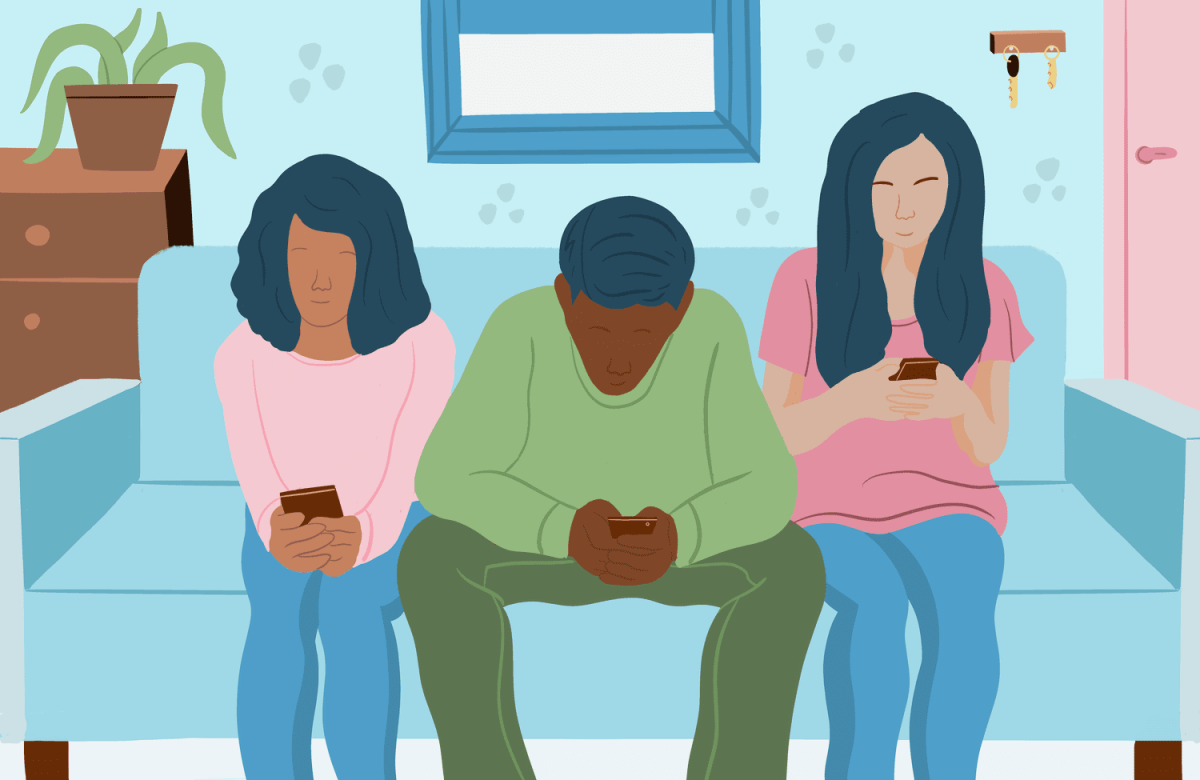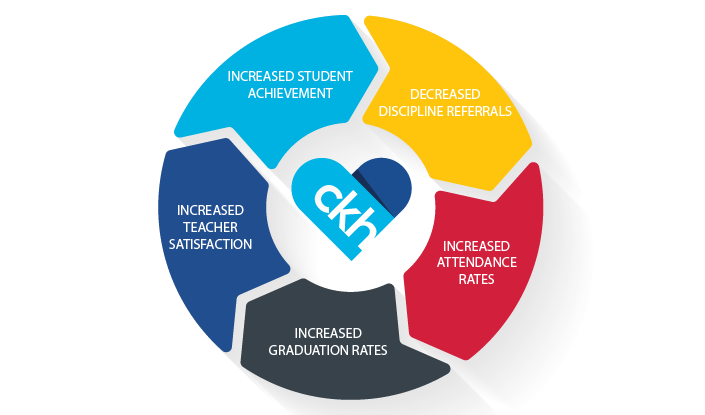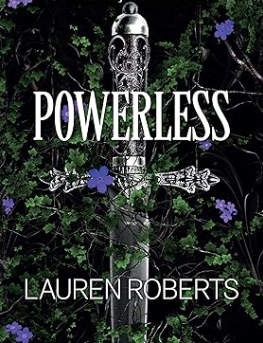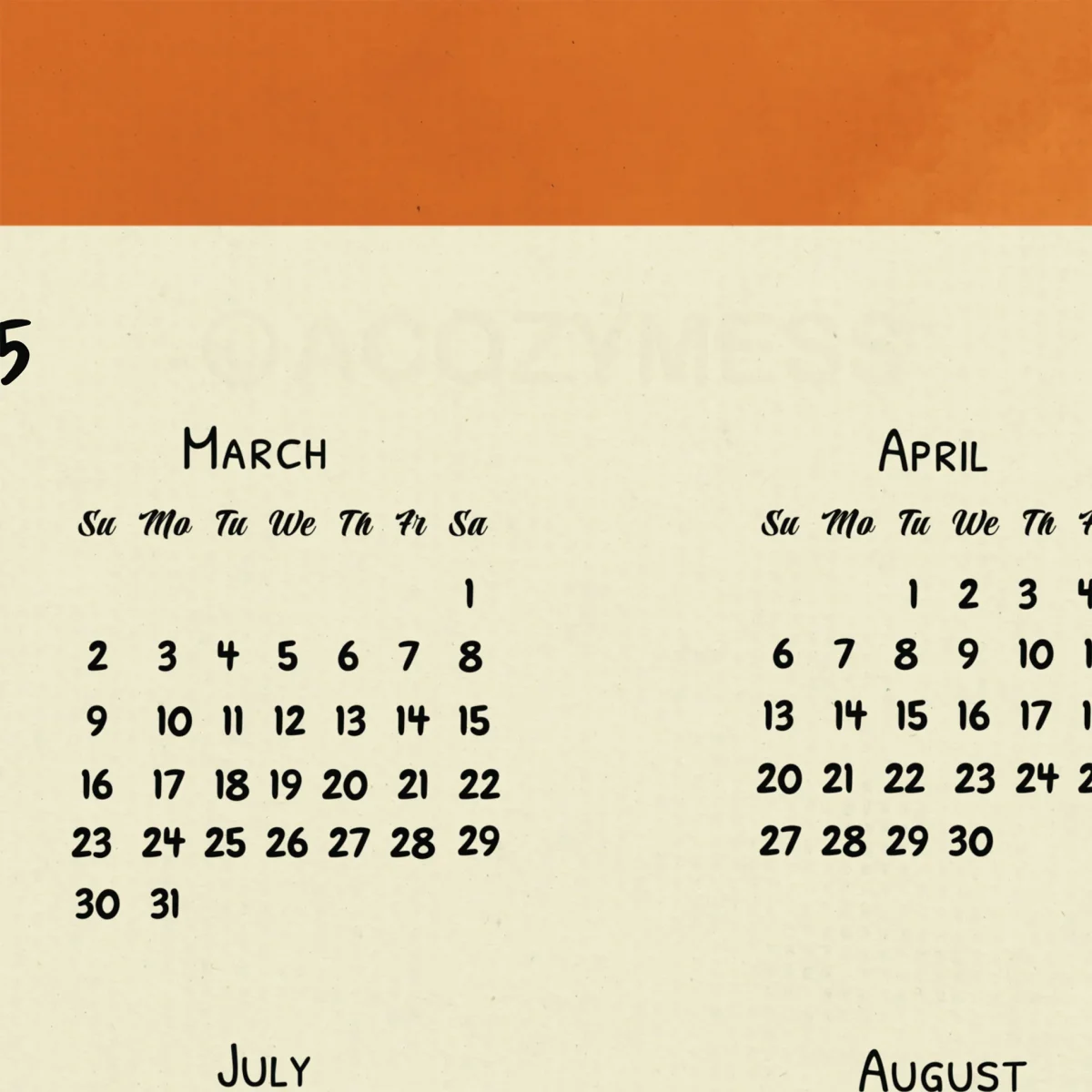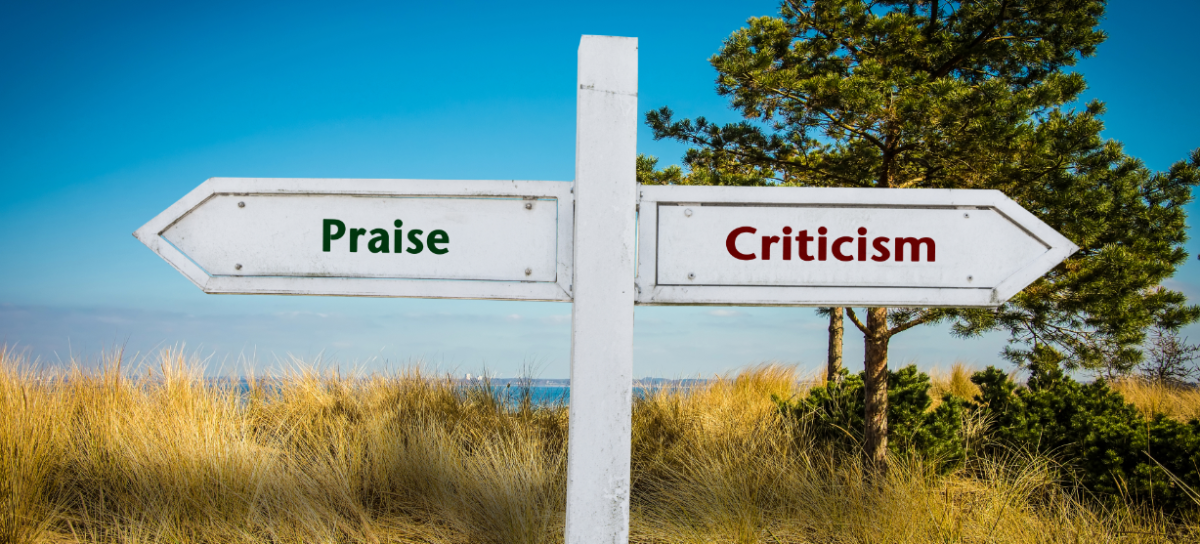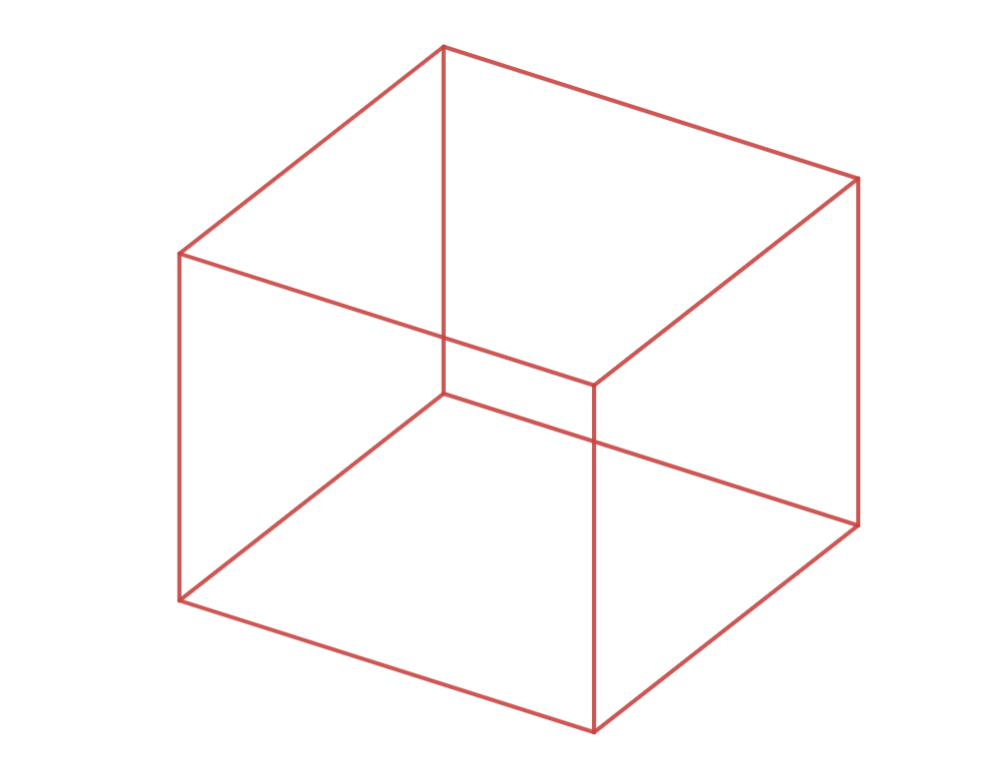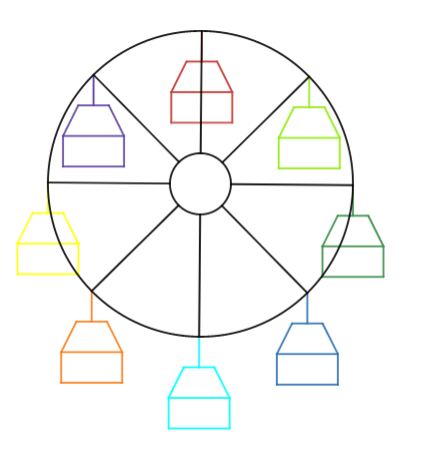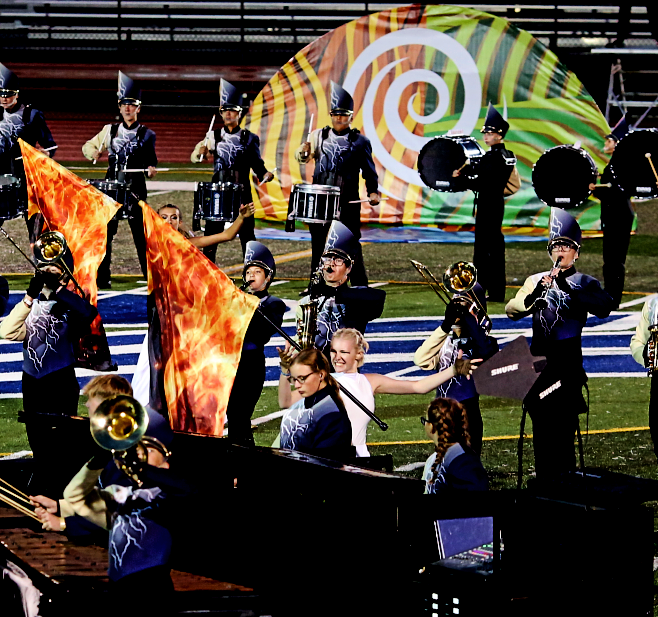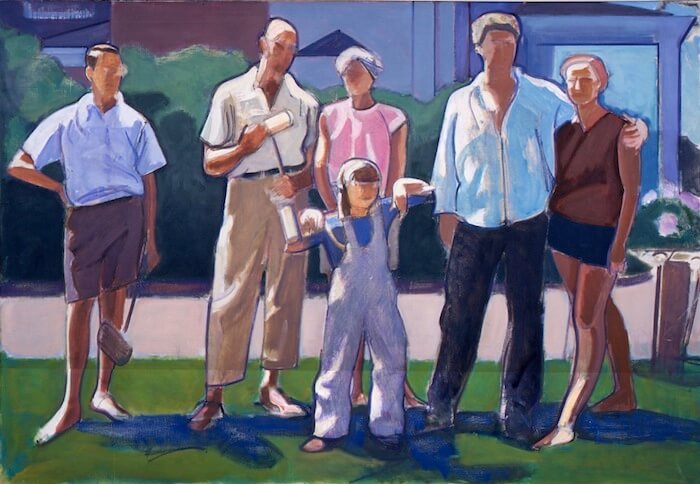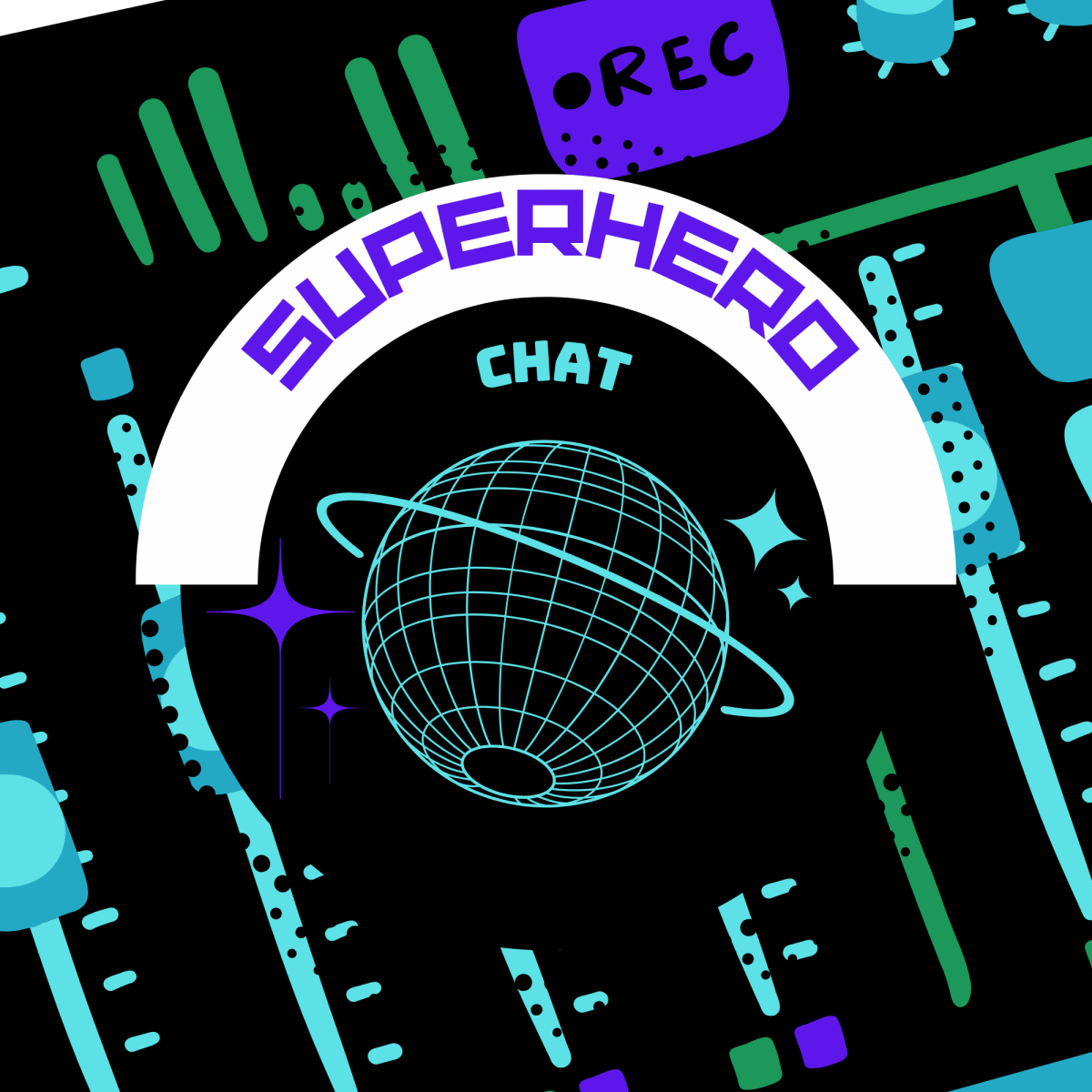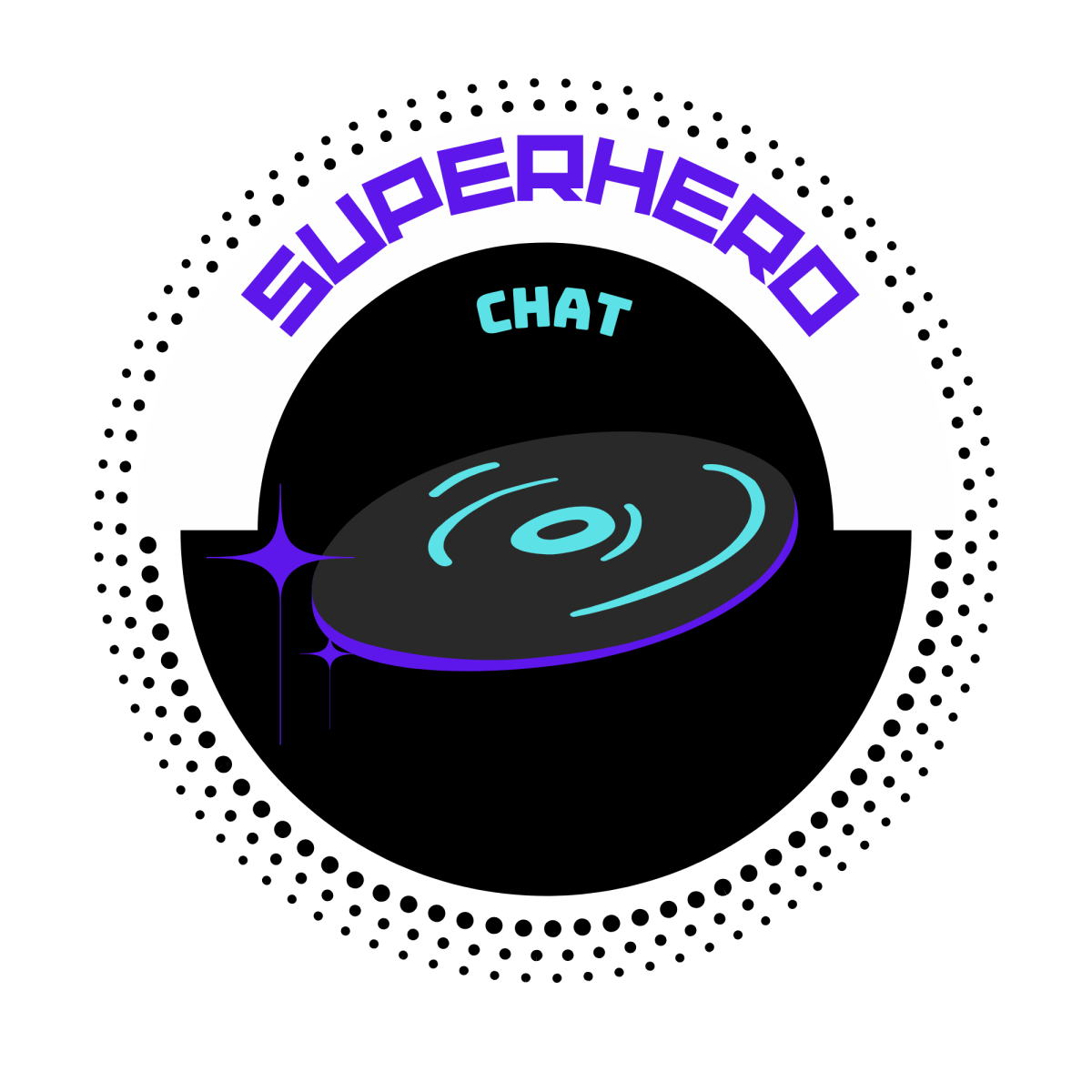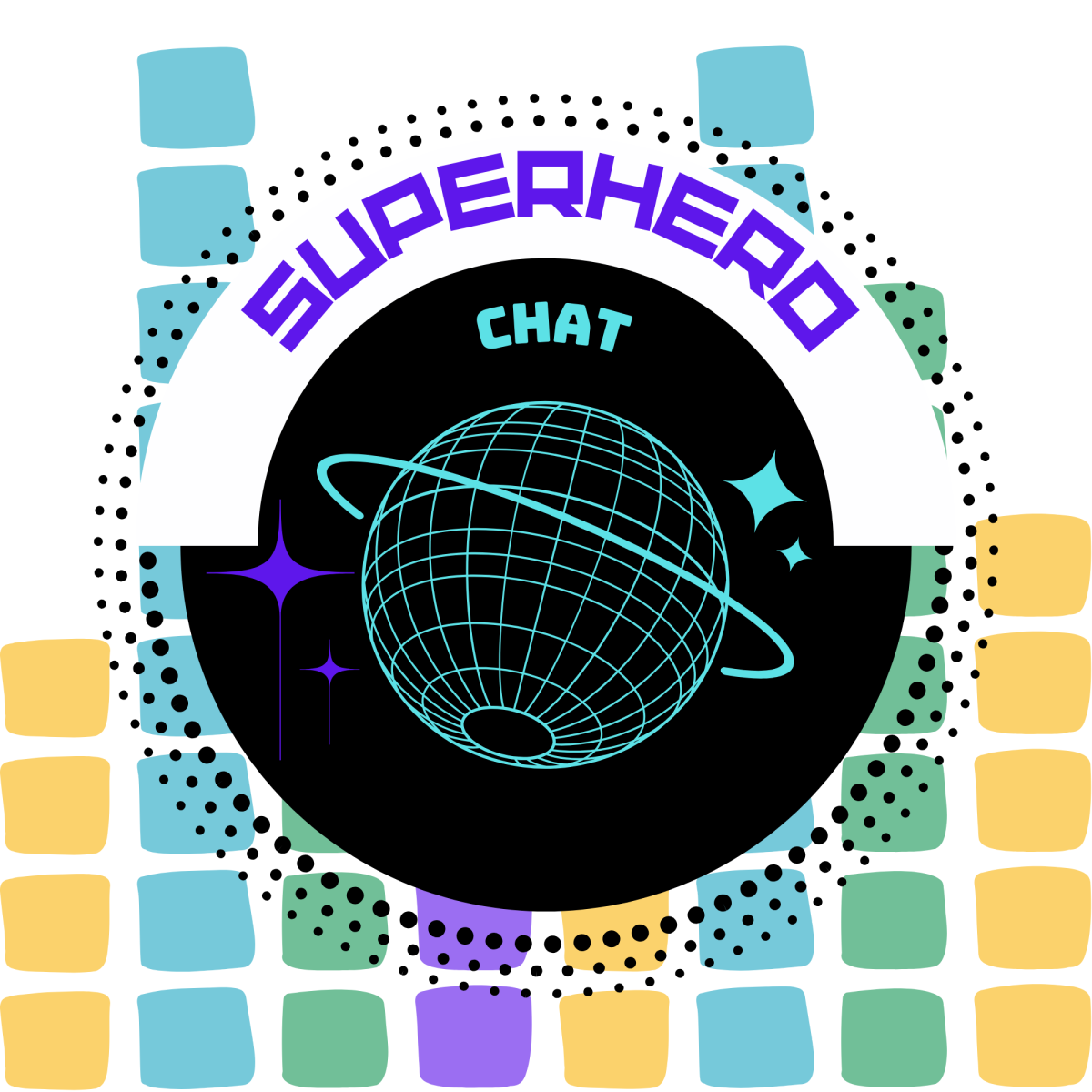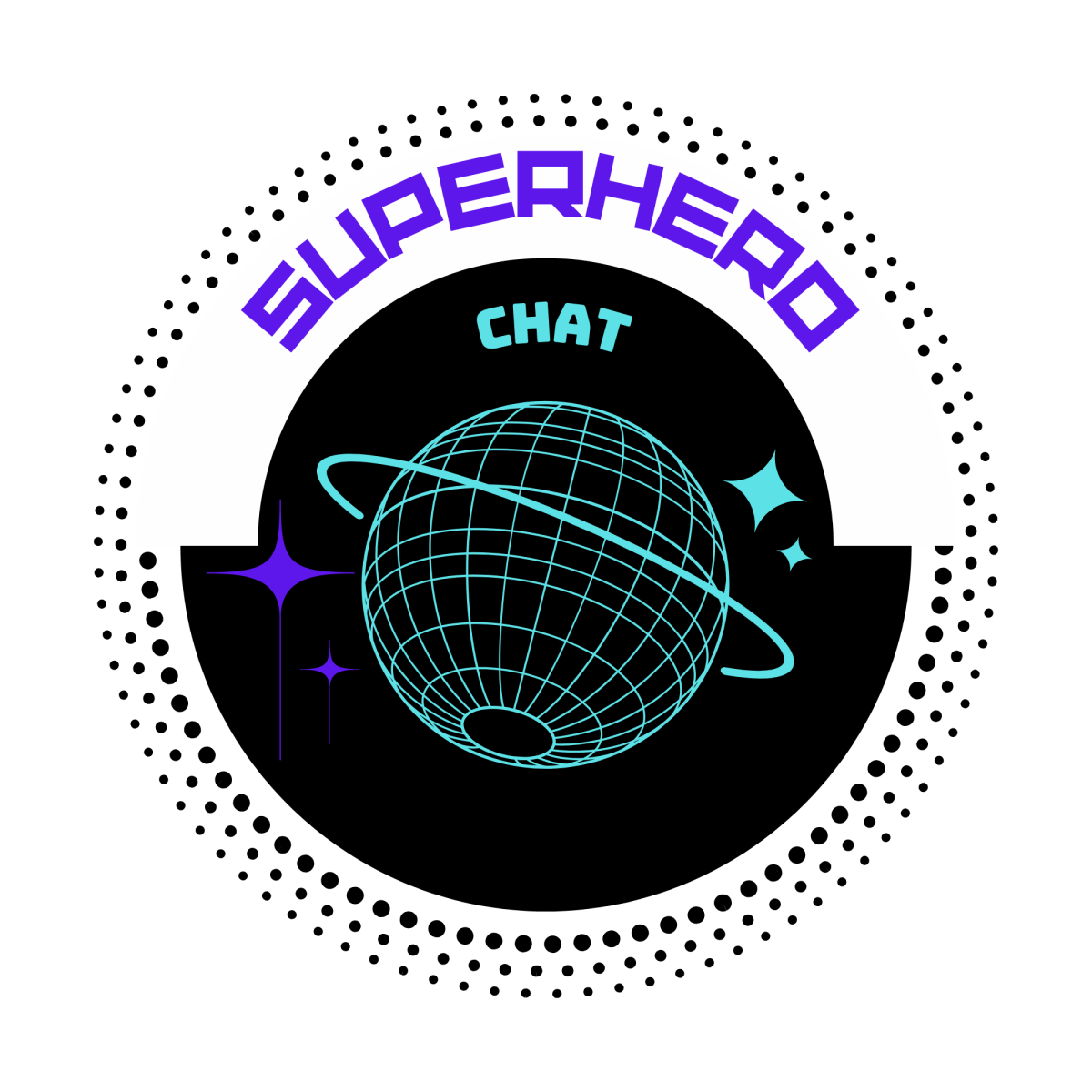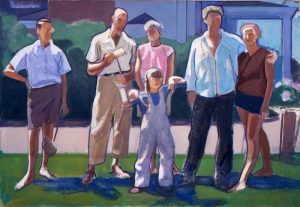Tell Me a Joke: Implications of Artificial Intelligence

April 27, 2023
Why did the bicycle fall over?
Because it was two-tired!
When asking artificial intelligence to write a joke, ChatGPT crafted this beautiful quip. From writing hilarious jokes to full lines of Java, classmates, friends, and family have all been discussing the skills of ChatGPT. This artificial intelligence chatbot can interpret words and provide information in a human-like manner. Its pure knowledge along with its natural tone piques curiosity about the future of AI.
After its initial release on November 30, 2022, ChatGPT has gained roughly 1 million users after 5 days―in comparison, 1 million users took Instagram took 2.5 months and Netflix 3.5 years. Developed by the American corporation, Open AI, the 2019 corporation was mainly funded by Sam Altman, Reid Hoffman, Elon Musk, Ilya Sutskever, and Peter Thiel–all notable names in the entrepreneurial and computer science industry. Its stable release in March 2023 has spiked popularity across the globe. Although its multimodal model can support versatile functions such as debugging code or writing essays, it was originally made to support customer service in a natural conversational matter with its Natural Language Processing (NLP).
NLP helps identify and interpret the rules and structures of language to allow computers understand, analyze, and infer intention. The most basic way NLP works is through text vectorization, which translates a text into a sequence of numbers―also called vectors. Each number in the vector correlates to one word in a pre-made dictionary database of words. The number is determined by the number of times the word appears in the text.
Training data teaches machines to interpret these numerical vectors into tone, intention, or concepts. By manually labeling desired outputs or tasking the machine to find patterns and enter conclusions, this data can eventually guide the AI to associate and therefore predict or perform criteria.
While other techniques are necessary for functional processing, these simplified steps of NLP allow natural conversation and understanding between humans and AI. ChatGPT is especially skilled in utilizing NLP by implementing Reinforcement Learning from Human Feedback (RLHF), the process that changes, adds, or deletes associations based on human feedback. This allows the open-source program to generate increasingly accurate and original replies to a variety of inputs such as misspelled errors or follow-up responses.
Despite the possibilities that AI provides, multiple privacy issues have been seen as a threat. For example, ChatGPT’s regulator, Garante, has reported a data breach that allowed users to view the titles of conversations of other users. This data breach of a nine-hour window also allowed active subscribed users to view information of other active users such as “first and last name, email address, payment address, credit card type and the last four digits (only) of a credit card number, and credit card expiration date.”
In fear of further security and safety issues, countries throughout the globe have been developing policies that hinder the capabilities of AI. Italy has been the first Western country that has banned ChatGPT, and the European Union has enacted its European AI Act, which limits the use of AI in critical infrastructure, education, law enforcement, and the judicial system. ChatGPT is censored in areas such as China, North Korea, Russia, and Iran, but China has notably developed multiple competitive AI rivals.
Although the U.S. does not have any official laws regulating the use of ChatGPT, the government has made some recommendations and guidelines for developers and users, encouraging “fairness, transparency, safety and accountability, and policies.” Furthermore, the Department of State has promoted the implementation of AI in foreign policy and internal functions.
Regardless of the benefits or dangers of the possibilities of ChatGPT, it is confident that AI will play a significant role in the future of society. And most obviously in the future of comedy.





